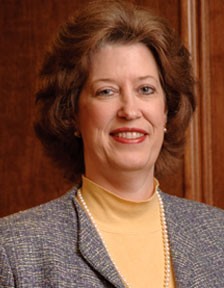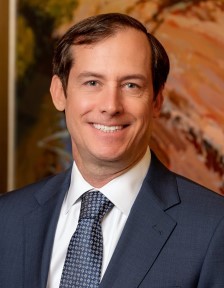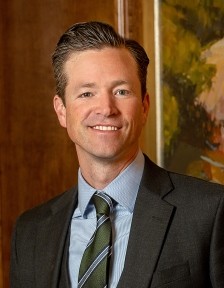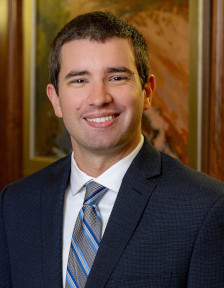Probate & Trusts
Lanier Ford probate attorneys regularly represents individuals and corporate fiduciaries in their roles as personal representatives, trustees, and guardians in the administration of a decedent's estate. They also counsel heirs and beneficiaries about their rights under probate law, a will, or a trust document.
Probate
When a person dies, the law creates an artificial person, called an estate, to carry out legally mandated responsibilities such as the payment of debts and transfer of property. If the person dies intestate (without a will), someone has to be appointed by a county probate court to administer that estate. This person is typically called an administrator. If the person dies testate (with a will), the will itself typically designates a person to administer to estate. This person is typically called an executor. However, both administrators and executors may be referred to as personal representatives.
Lanier Ford’s probate attorneys typically apply for letters of administration from the probate court to allow the personal representative to do his or her job. They then assist the personal representative in probate process, which may include the following activities related to the decedent’s estate:
- Protecting the decedent’s property.
- Gathering financial and other records.
- Preparing an inventory and appraisal of the assets.
- Managing property, businesses, or other ongoing concerns.
- Identifying, validating, and paying debts.
- Possibly selling property to pay the debts.
- Distributing the property to the beneficiaries of the estate (as provided by law or the will).
- Litigating will contests.
- Interpreting the provisions of the will.
- Preparing tax returns.
- Administering any trust created by a will.
Trusts
A trust is another type of artificial person. A trust may be created by a will when a person dies; or a trust may be created by a donor before he or she dies. Trusts may be used for many different purposes—from protecting the interests of minor children or other incapacitated persons to providing support for the donor’s favorite charity. Regardless of purpose, someone must manage and direct the trust. This person is called a trustee. Lanier Ford’s attorneys advise trustees on the many aspects of managing the assets of a trust, including the following:
- Avoiding conflicts of interest.
- Fiduciary duties (duties of trust and fair dealing owed to the donor and the beneficiaries).
- Business and investment decisions.
- Responsibilities under the trust document or law, especially the proper disbursement of payments or distributions of property required by the trust.
- Tax reporting, payment, and related issues.
See related service areas:

© 2015









